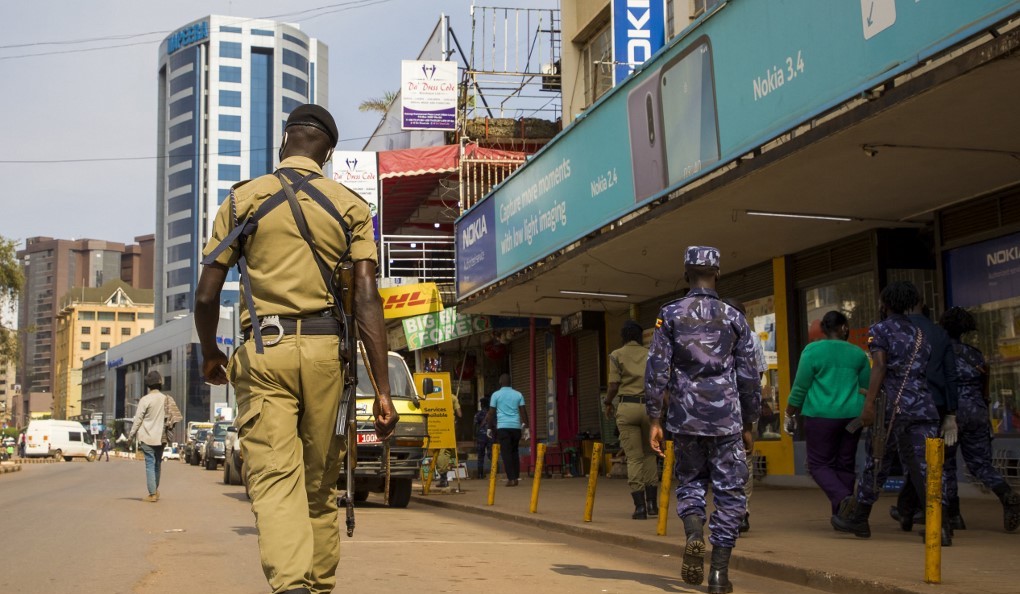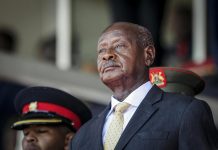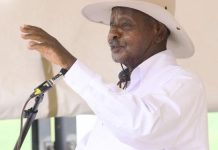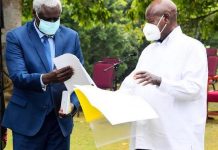Written by
Faridah N Kulumba
The East African country Uganda , gained independence on 9, October, 1962, after being colonised by the Britain in the late 1800. Before independence, Uganda was ruled from London, with British governors appointed by the Queens.
Independence was attained through struggle, toil, sweat and disagreements with imperial protesters, often ending in imprisonment and deportation, by AA.
History
Uganda was discovered by the explorer Henry Stanley in 1875, at the time when it was divided into two kingdoms. The country then came under the control of the British East Africa Company after World War II, native Ugandans were allowed to serve in government, and by 1955, half the members of the legislative council were Ugandans.
The Ugandan Constitutional Conference was held in London in September 1961, and they organised to pave the way for Ugandan independence. At the end of the conference on 9 October 1992, Uganda officially became an independent nation.
Uganda after independence
The country became a sovereign state and it simultaneously obtained self-determination and was admitted to the UN and Organisation of African Unity (OAU), a milestone that placed it on the international scene.
From statehood in 1962, Uganda has been patiently waiting for a democratic transition of power, due to the fact that almost all the presidents who have ruled Uganda since independence, have captured power by using the barrel of the gun.
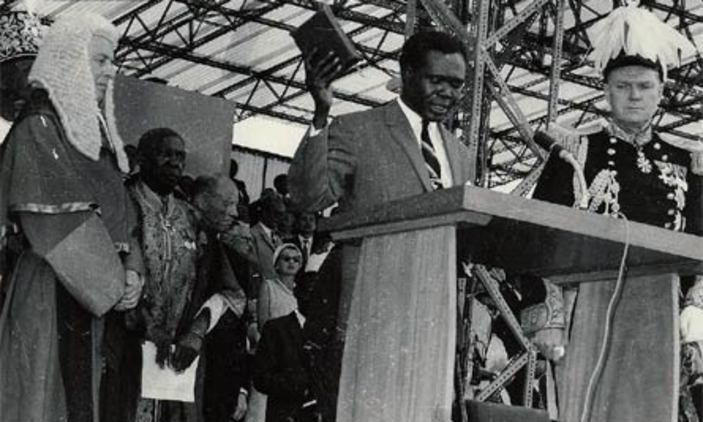
Colonialist rule’s mindset
On Saturday 9 October 2021, Uganda celebrated its 59th anniversary, Swaib Kaggwa political analyst said the country is not yet free and the difference is that it is not governed by white colonialists, but another bunch of colonialists with black skin misgoverning the country.
According to Mr Kaggwa, it is not possible for Uganda to be independent under the circumstances that by the end of the current president’s sixth term will have been in power for 40 years. The regime he says is characterised by corruption, unemployment, poverty and political repression.
The newly elected president of Uganda Yoweri Kaguta Museveni, 75 year, has ruled Uganda for 35 years. He was declared a winner of an election earlier this year, but several observers, human rights groups and opposition members raised concerns that the vote was not credible.
In 1980’s, Museveni lost an election to incumbent President Milton Obote and petitioned the court, but later withdrew the petition and launched a guerilla war that brought him to power in 1986.
Protest
However Sheema municipality Deputy Mayor Nakaliisa Rukia believes that despite the challenges facing Uganda, there is a lot to celebrate. Adding that the British rule in Uganda is one of the most humiliating episodes of the country and its end deserves celebration.
According to her, the British massacred Ugandans and drove others off their lands to create garrisons, farms and others to built their own homes.
Adding that the colonialists plundered copper ore, which involved digging canals to divert the natural flow of streams from the mountains, resulting in present flooding. The minerals were stolen and Ugandans are still dying from the effects. Granted, the country could be stanating and affecting the democratic roots and the process of democratic development, but that does not compare to the evil of colonialism.
Most challenges of post-independent Uganda are linked to direct and international action by the colonialists.

